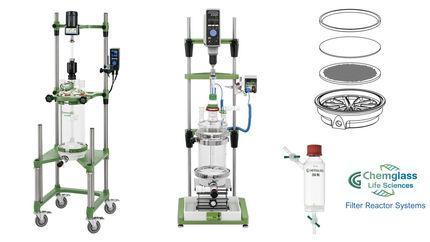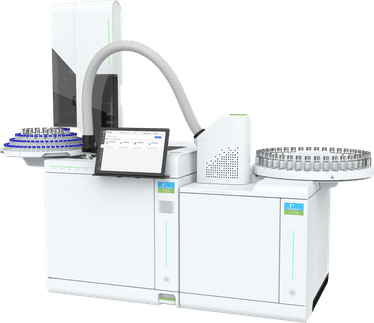To use all functions of this page, please activate cookies in your browser.
my.chemeurope.com
With an accout for my.chemeurope.com you can always see everything at a glance – and you can configure your own website and individual newsletter.
- My watch list
- My saved searches
- My saved topics
- My newsletter
Alfred Gottschalk (biochemist)Alfred Gottschalk (April 22 1894 - October 4 1973) was a German biochemist who was a leading authority in glycoprotein research. During his career he wrote 216 research papers and reviews, and four books. Product highlightGottschalk was born in Aachen/Rheinland, the third of four children to Benjamin and Rosa Gottschalk. He choose to study medicine, from 1912 he attended the Universities of Munich, Freiburg/Breisgau and Bonn; the War interrupted his studies, but he completed them in 1920 graduating MD from the University of Bonn. He completed clinical work experience at the medical schools of Frankfurt/Main and Wurzburg and physiology-biochemistry studies at Bonn, that led to his first publications an award from the University of Madrid and an invitation to work at the Kaiser Wilhelm Institute for Experimental Therapy and Biochemistry with Carl Neuberg. In 1923 he married Lisbeth Berta Orgler, together they had one son. Gottschalk left the Kaiser Wilhelm Institute in 1926 to become Director of the Biochemical Department at the General Hospital in Stettin. He left the hospital in 1934 following upheaval in Nazi Germany and entered private practice, left for England in the spring of 1939, and on to Melbourne in July. He was offered a position as a biochemist by Charles Kellaway Director of the Walter and Eliza Hall Institute, he also taught biochemistry and organic chemistry at the Melbourne Technical College and later at the University of Melbourne. In 1945 he became a naturalized British citizen. At the Walter and Eliza Hall Institute Gottschalk collaborated with Frank Macfarlane Burnet. They discovered neuraminidase He was elected to the Australian Academy of Science in 1954. In 1959 he was invited by Frank Fenner to research at the John Curtin School of Medical Research at the Australian National University. He left Canberra for Germany in 1963, where he was appointed Guest-Professor at the Max Planck Institute for Virus Research in Tübingen. He continued active research and for his contributions to science was elected to the Fellowship of the American Association for the Advancement of Science in 1967 and received honorary doctorates from the University of Melbourne (DS) and the University of Munster (DM). The Gottschalk Medal for medical research awarded by the Australian Academy of Science is named in his honour. References
Categories: German biochemists | Australian biochemists |
| This article is licensed under the GNU Free Documentation License. It uses material from the Wikipedia article "Alfred_Gottschalk_(biochemist)". A list of authors is available in Wikipedia. |







